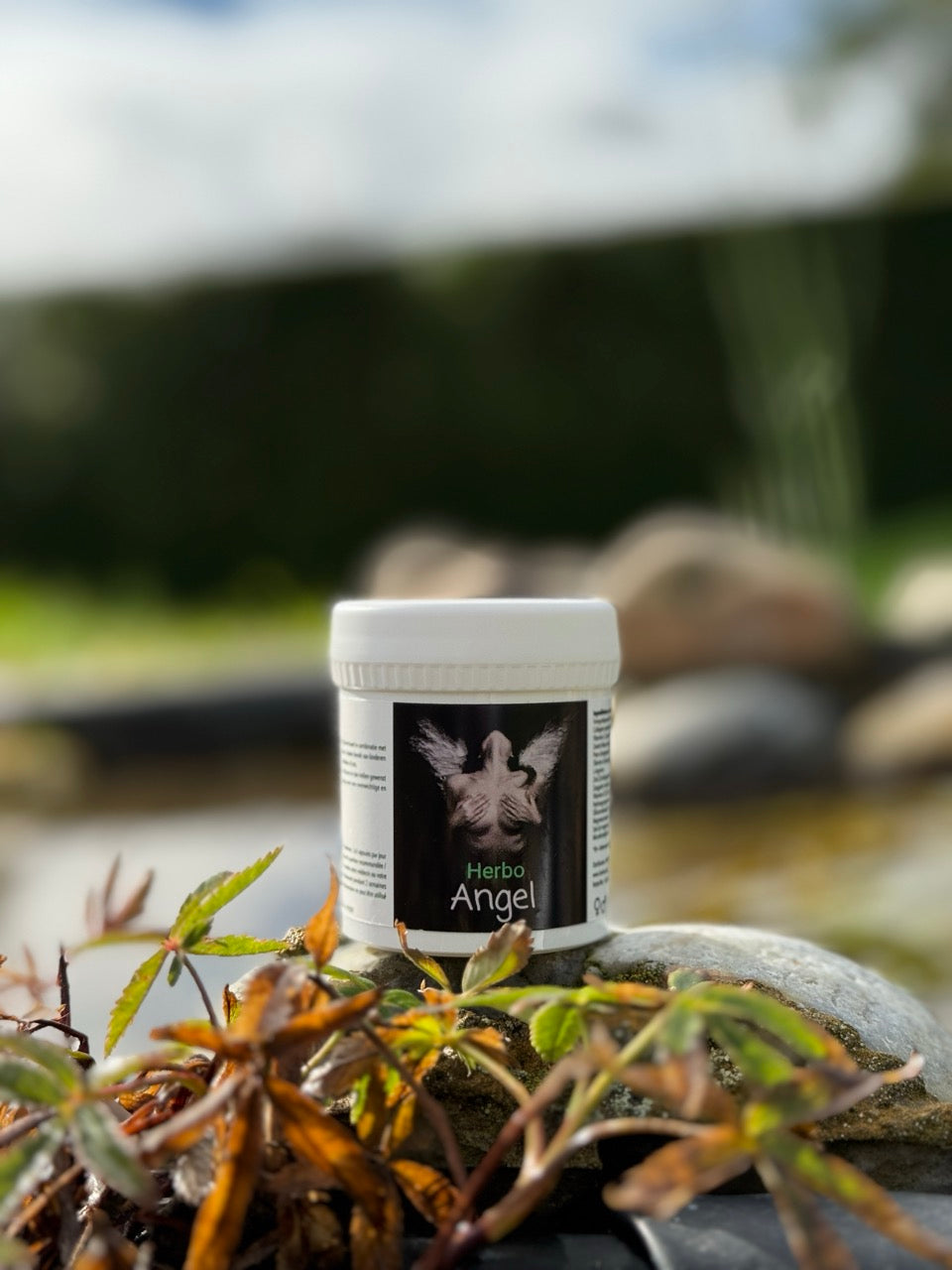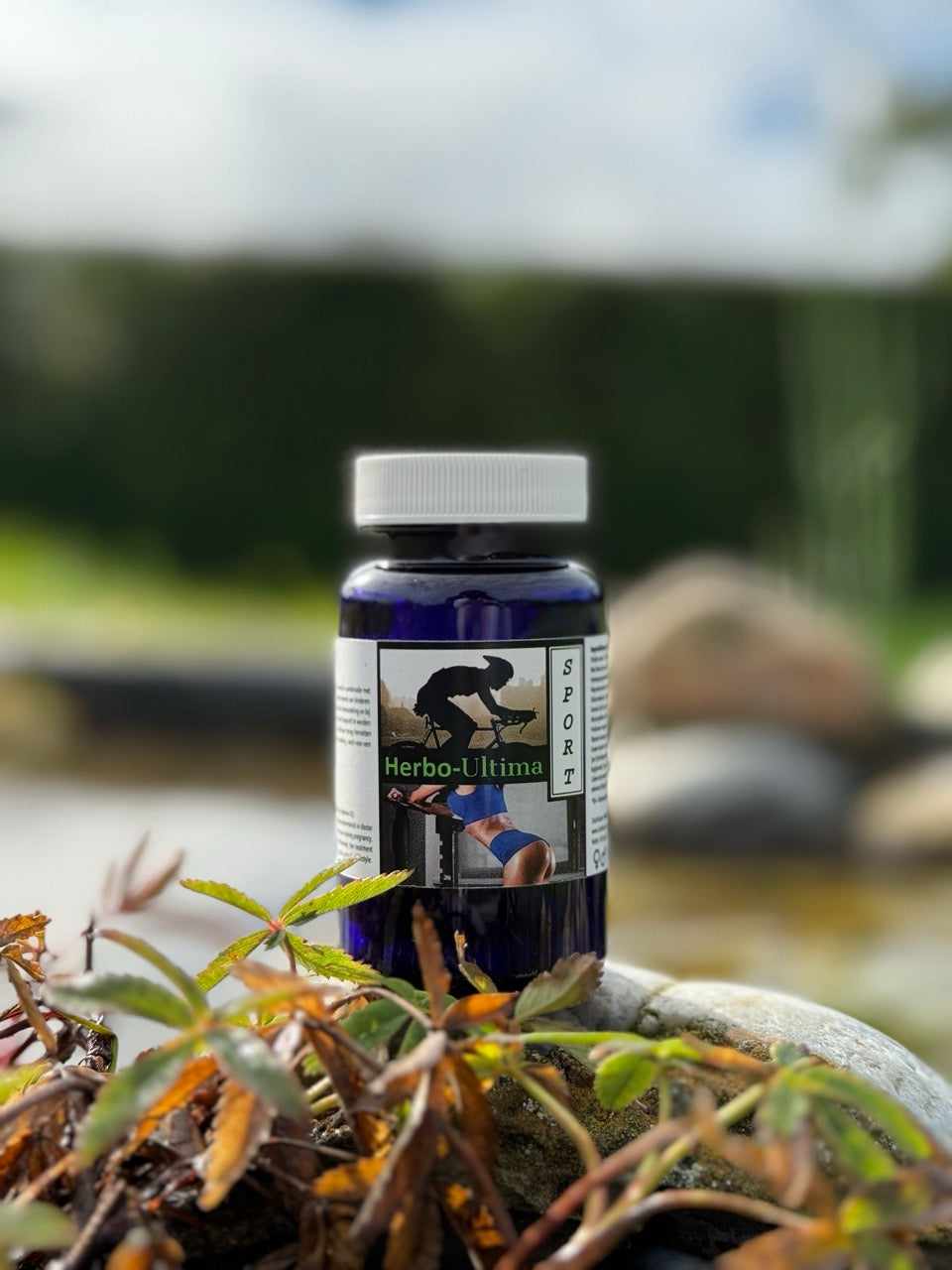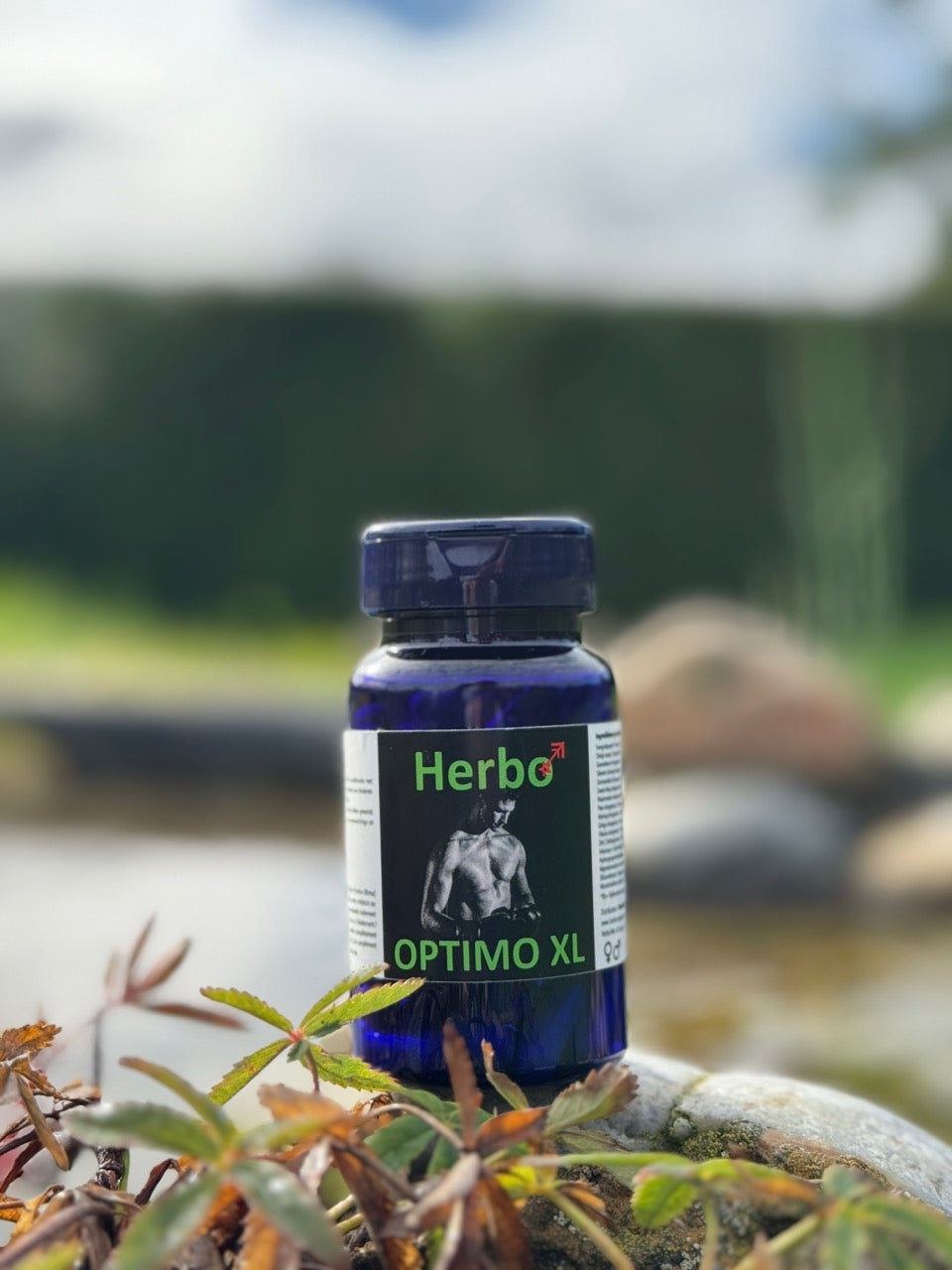Spirulina
------
It is blue-green, extremely healthy but often overlooked: spirulina. Here you can read everything about the effects of spirulina, side effects, and everything you need to know about it.

What is spirulina? Effects & side effects
The blue-green algae spirulina is a freshwater plant that is nowadays one of the most researched and, alongside its cousin chlorella, even the most talked-about superfood.
All over the world, from Mexico to Africa and even Hawaii, spirulina is known for its intense flavor and powerful effects, and there is now a growing number of Belgians and Dutch people who buy spirulina.
Although you may have only seen it as an ingredient in green superfood drinks, energy bars, and natural supplements, the health benefits of spirulina are so profound that they can help restore and revitalize your health daily.
Until now, there have been more than 1,800 peer-reviewed scientific articles on spirulina evaluating its health benefits.
And thanks to the impressive nutrient profile, aid programs have even been launched worldwide to produce spirulina in areas struggling with malnutrition.
So what exactly is this exotic ingredient and how can the effects of this algae influence your health? Let's take a closer look at what spirulina is and why you might consider adding it to your routine.
What is spirulina?
Spirulina is a type of blue-green algae that is rich in proteins, vitamins, minerals, and antioxidants. It grows in both fresh and salt water and has been used as a food source for centuries. Its nutritional value makes it a popular supplement for people looking for natural ways to improve their overall health and energy levels.
What makes spirulina special is its high protein content, which makes up about 60-70% of its dry weight. It is also rich in B vitamins, copper, iron, and essential fatty acids. Additionally, it contains antioxidants such as beta-carotene and phycocyanin, which can help combat damage caused by free radicals and reduce inflammation.
There are 1,800 studies on spirulina.
What is spirulina good for?
There are countless reviews about spirulina claiming that this superfood algae is good for everything, from boosting metabolism to stabilizing blood sugar levels and preventing heart diseases.
Research continues to reveal more good or interesting benefits of spirulina, and studies have shown that adding spirulina to your daily routine can help detoxify your body, boost your energy levels, and even improve your brain function.
This unique algae is believed to have been a main staple for the Aztecs in Mexico. Spirulina, also known as Tecuitlatl, was a primary source of protein for the Aztecs for hundreds of years, and Lake Texcoco remains an abundant source of this superfood to this day.
Spirulina effects
Spirulina is a blue-green microalga that contains a wide variety of nutrients, including proteins, vitamins, minerals, and antioxidants. This combination together creates the special spirulina effect to strengthen the human immune system.
Spirulina is rich in antioxidants, which help combat harmful free radicals in the body. This can contribute to a reduced risk of chronic diseases such as cancer and heart disease.
Spirulina is also a good source of protein, which is essential for cell growth and repair. It has a high protein content, making it a useful supplement for vegetarians and vegans. Additionally, spirulina contains iron and vitamin B, which can help combat anemia and fatigue.
Also, spirulina is rich in omega-3 fatty acids, which can have a beneficial effect on heart health. Studies have shown that omega-3 fatty acids can reduce the risk of heart disease by decreasing inflammation and improving cholesterol levels.
Spirulina is rich in omega-3 fatty acids.
Spirulina benefits
Not everyone can obtain the optimal Hawaiian variety, but fortunately, standard-produced spirulina contains benefits for people who consume it regularly. We will go through what those benefits might be below.
-
1. Detoxification of heavy metals (especially arsenic)
Chronic arsenic poisoning is a problem that affects people worldwide. In the Far East, arsenic poisoning is a massive issue. In the words of researchers from Bangladesh: “Millions of people in Bangladesh, India, Taiwan, and Chile consume a high concentration of arsenic through drinking water, and thousands of them have already developed chronic arsenic poisoning.”
In a large study on this, up to 3 percent of the entire country of Bangladesh showed clinical symptoms of arsenic poisoning alone. As the researchers from Bangladesh noted, there is no specific treatment for arsenic poisoning, and therefore they evaluated alternatives such as blue-green algae.
After administering spirulina extract (250 milligrams) plus zinc (2 milligrams) twice daily to 24 patients with chronic arsenic poisoning, they compared the results with 17 patients who took a placebo and found that the spirulina-zinc combination was effective.
Ultimately, the participants experienced a 47 percent decrease in arsenic in their bodies. Make spirulina part of your heavy metals detox or, in general, as a way to cleanse your body.
-
2. Removes candida
According to researchers, Candida species are part of the normal microbiota of a person's mucosal oral cavity, gastrointestinal tract, and vagina. What does that mean? Well, without a healthy microflora balance in our body, we are simply much more susceptible to illness and disorders.
Leaky gut syndrome and poor digestion are even directly linked to a disrupted microflora balance. Not only is invasive candidiasis the leading cause of death due to mycosis in the US, but candida overgrowth is also nowadays a hallmark of most autoimmune diseases.
Due to our shift towards a diet rich in sugar and unnatural ingredients, antimicrobial resistance, and ineffective antifungal medications, we have seen a significant increase in fungal infections since the 1980s.
Fortunately, the effect of spirulina also seems to have a positive influence here. Several animal studies have shown that it works as an effective antimicrobial, especially against candida.
It has been specifically shown that spirulina promotes the growth of a healthy bacterial flora in the intestines, which prevents candida from thriving. Additionally, the immune-boosting properties of spirulina can help the body eliminate candida cells.
The best tested spirulina supplement
-
3. Lowers blood pressure
Phycocyanine is a pigment in spirulina that scientists have discovered has blood pressure-lowering effects. In other words: it is a food that lowers blood pressure.
Japanese researchers claim that this is because consuming the blue-green algae reverses endothelial dysfunction in metabolic syndrome.
This could be promising for many people, as metabolic syndrome has quickly become one of the leading causes of preventable diseases, as it increases a person's risk of developing heart disease, diabetes, and strokes.
-
4. Reduces cholesterol
In the same vein, it has also been shown that spirulina prevents atherosclerosis and lowers cholesterol levels.
A animal study published in The Journal of Nutritional Science and Vitaminology took rabbits, fed them a high cholesterol diet with 0.5 percent cholesterol for four weeks, and then fed them an HCD with 1 percent or 5 percent spirulina for eight weeks.
After the eight weeks, the LDL level decreased by 26 percent in the group that ate 1 percent spirulina and by 41 percent in the group that ate 5 percent spirulina, suggesting that the more spirulina was consumed, the greater the benefits.
-
5. Reduces the risk of a stroke
In the above study, researchers also found that the spirulina supplements reduced the intimal aortic surface by 33 to 48 percent, suggesting that it may prevent atherosclerosis and a subsequent stroke.
It is important to remember that this clinical study was conducted on animals that were still eating a high-cholesterol diet, and it emphasizes that regular spirulina consumption can reverse some of the damage caused by eating a poor diet.
-
6. Improves sports performance
A 2022 study indicated that spirulina can benefit both muscle strength and endurance.
Meanwhile, a 2020 study showed that supplementation with spirulina could improve oxygen uptake during an arm cycling exercise. Researchers said it could act as an ergogenic aid to enhance overall athletic performance.
-
7. Relieve sinus problems
Studies also indicate that spirulina can help in the treatment of allergic rhinitis, as the body benefits from it by reducing the inflammation that causes people to experience sinus problems.
Compared to placebo studies, spirulina is effective in reducing itching, nasal discharge, nasal congestion, and sneezing.
A 2020 study showed that spirulina was more effective than an antihistamine called cetirizine in addressing allergies and allergic rhinitis and reducing inflammation.
Spirulina may possibly benefit muscle strength.
-
8. Provides protection against brain disorders
In a 2012 study, a diet enriched with spirulina provided so-called neuroprotection in a α-synuclein model of Parkinson's disease in rats. This did not occur with the control diet.
In a 2015 study, the effects of spirulina on memory dysfunction, damage caused by oxidative stress, and antioxidant enzyme activity were investigated in mice.
It turned out that Spirulina platensis 'can prevent memory loss, possibly by reducing the accumulation of Aβ proteins, reducing oxidative damage, and especially by increasing catalase activity.'
Although both studies are preliminary and involve animals, they are promising for people suffering from Parkinson's disease, other neurodegenerative diseases, and people with memory problems.
Frequently Asked Questions
What is in spirulina?
Nutritional values
- Calories: 20
- Carbohydrates: 1.7 g
- Dietary fiber: 0.3 g
- Sugars: 0.2 g
- Protein: 4.0 g
Fats
- Total fat: 0.5 g
- Saturated fat: 0.2 g
- Monounsaturated fat: 0 g
- Polyunsaturated fat: 0.1 g
- Omega-3 fatty acids: 58 mg
- Omega-6 fatty acids: 88 mg
Minerals
- Copper: 0.4 mg
- Iron: 2 mg
- Mangaan: 0.1 mg
- Magnesium: 13.7 mg
- Sodium: 73.4 mg
- Potassium: 95.4 mg

Vitamins
- Riboflavin: 0.3 mg
- Thiamine: 0.2 mg
- Niacin: 0.9 mg
How much spirulina per day?
Although there is no standard dosage for spirulina, most studies have found a beneficial effect with an intake of 1 to 8 grams of spirulina per day. For reference: one tablespoon of blue spirulina is approximately 7 grams.
Can you take an overdose of spirulina?
Taking large amounts of spirulina can, for example, lead to digestive problems such as nausea, diarrhea, bloating, and cramps. Therefore, it is best to start with a lower dosage and follow the label of your chosen dietary supplement.
When it comes to how to take spirulina, the options are endless. Spirulina capsules and spirulina tablets are a quick and easy way to get your daily dose.
Biological spirulina powder is also available and can be easily combined with other superfoods, such as in super green powders, to make nutritious green drinks (or detox drinks).
Should spirulina be taken on an empty stomach?
There are many different recommendations for when and how to take spirulina, but it is probably just as beneficial however you decide to take it, whether that is before, during, or after a meal.
Spirulina side effects?
Despite the many health benefits of spirulina, there are also possible spirulina side effects to consider. In particular, there have been some cases of people experiencing autoimmune reactions after using spirulina.
There is a theory that this may be caused by the activation of an inflammatory substance, TNF-alpha, which could be more important in people who are predisposed to autoimmune diseases.
Other laboratory and research studies, however, suggest that spirulina may suppress this inflammatory protein, so more research is needed to evaluate the potential risk of spirulina for people with autoimmune diseases.
If you have an autoimmune disease, it is a good idea to take this supplement under the supervision of your doctor.
If you are considering where to buy spirulina, always purchase supplements from a reputable brand. As with anything that comes from the sea, you should especially ensure that you only buy blue-green algae that are free from contamination.
Some sources also suggest that pregnant women and children should not consume algae. Contact your doctor to confirm whether or not you should use spirulina supplements.
Can you lose weight with spirulina?
Research has been conducted on whether people can lose weight with spirulina. It is crucial to understand that weight loss is based on consuming fewer calories than your body burns. At the same time, it is important to avoid fast carbohydrates, also known as sugars, as much as possible.
An effective strategy is to minimize carbohydrate- and calorie-rich foods in your diet. However, you still want to get enough healthy nutrients to optimally support your body.
And this is where spirulina comes into play. Spirulina is low in calories and carbohydrates but packed with nutrients. This makes it a healthy addition to your diet without adding unwanted calories.
Research shows some evidence that people with overweight and obesity can lose weight with spirulina. In one study, participants with overweight lost an average of 1.5 kilograms, while those with obesity lost an average of 2 kilograms after incorporating spirulina into their diet for three months.
Is spirulina good for your intestines?
Spirulina is rich in chlorophyll. This abundance of chlorophyll has a cleansing effect on both the intestines and the entire body, and provides an excellent nutritional medium for a healthy gut flora.
In addition to its cleansing effect, spirulina has more benefits for your intestines. Firstly, it helps promote a healthy gut flora. Spirulina is prebiotic, which means it supports the growth of good bacteria in the gut.
Moreover, spirulina can help reduce inflammation in the gut. It is rich in antioxidants, which can help counteract damage caused by free radicals and reduce inflammation.
Also, spirulina can contribute to good digestion. The fibers present in spirulina can improve bowel movements and help prevent constipation. All of this together is why some experts consider spirulina to be good for the intestines.
Is spirulina safe?
The European Food Safety Authority, the EFSA, has recognized spirulina as safe for consumption. This implies that, as long as the recommended dosage is followed, healthy individuals will not experience any adverse effects.
However, some side effects have been reported, such as nausea, fatigue, abdominal pain, and headache, which occur more frequently in individuals who have just started with spirulina. These symptoms can be attributed to the elimination of toxins from the body.
Fortunately, these complaints are usually temporary and disappear on their own within a few days. It is important to listen to your body and adjust the dosage if necessary.
According to the EFSA, spirulina is safe.
Chlorella & spirulina
Because they are both similar types of microalgae, it is easy to understand how scientists confused chlorella & spirulina with each other in the 1940s.
Despite their significant differences, people still confuse chlorella and spirulina with each other. These are the four main differences that are important to understand:
-
1. Shape
First of all, spirulina is a spiral-shaped, multicellular plant without a true nucleus. It is blue-green in color and can grow up to 100 times larger than chlorella. For comparison: chlorella is a spherical single-celled microorganism with a nucleus and is solid green.
-
2. How it is cultivated
Secondly, the cultivation conditions differ significantly. Spirulina grows best in conditions with a low alkaline content – particularly in freshwater lakes, ponds, and rivers. It also requires plenty of sunlight and moderate temperatures.
Chlorella, on the other hand, grows in fresh water that is usually inhabited by other organisms, making it a greater challenge to harvest.
-
3. Preparation
Thirdly, the ways in which spirulina and chlorella can be consumed are also very different.
Due to the hard, indigestible cellulose wall, for example, chlorella requires mechanical processing to make it worthwhile for human consumption. Otherwise, the body cannot break down and metabolize the nutrients.
This process can be quite costly, which explains why chlorella is usually more expensive than spirulina. On the other hand, spirulina has a fully digestible cellulose wall and can be consumed immediately and easily digested.
-
4. Nutrition
Although both are considered superfoods, spirulina and chlorella differ in their nutritional value. Spirulina contains more essential amino acids, iron, proteins, B vitamins, and vitamins C, D, and E. It is likely the healthier of the two.
That said, chlorella still has an abundance of health benefits.
Conclusion
Spirulina is a blue-green microalga packed with nutrients such as proteins, minerals, and antioxidants. This unique composition makes spirulina interesting for its effects, as it can strengthen the human immune system.
Thanks to the high concentration of antioxidants, spirulina can combat harmful free radicals in the body, reducing the risk of chronic diseases. Moreover, spirulina is an excellent source of protein, which is essential for cell growth and repair.
The high protein content also makes it suitable for vegetarians and vegans. In addition, spirulina contains iron and B vitamins, which can help with anemia and fatigue.
Although the blue-green algae offer many health benefits, spirulina side effects can occur. Some people have experienced autoimmune reactions after using it, possibly caused by the activation of the inflammatory substance TNF-alpha. However, other research suggests that spirulina may actually suppress this protein.
For autoimmune diseases, it is advisable to take spirulina under the supervision of a doctor. Always buy supplements from a reliable brand and avoid contamination. Pregnant women and children should avoid spirulina; consult a doctor for advice.



